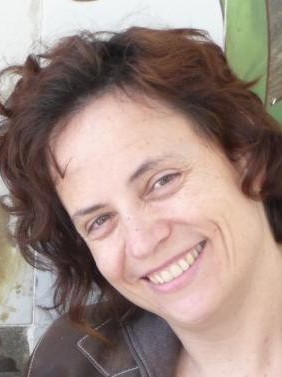abstract
This data article presents demographic, socio-economic and waste-related data at municipal level for Portugal. The dataset includes raw data collected from 4 main sources: (i) the annual reports of waste management companies; (ii) the database of the Portuguese water, sanitation and waste regulatory entity; (iii) the Portuguese Environmental Agency; and (iv) national statistical data. Relevant indicators for waste generation and for the separate collection of waste are proposed and calculated using the raw data. The dataset comprises municipalities with high, medium and low separate collection yields, providing socio-economic and waste infrastructures data that can be used for benchmarking. The dataset can also be used to define a baseline against which the progress of the collection of packaging waste can be assessed over time, or else serve as input to mathematical models predicting waste generation and collection. Moreover, data can serve as the base to calculate new waste-related indicators. In addition to being a valuable input to the waste topic, the dataset can also be used in a large range of other topics where demographic and socio-economic parameters are relevant. The data presented herein are associated with the research articles Model for the separate collection of packaging waste in Portuguese low-performing recycling regions [1] and Artificial neural network modelling of the amount of separately-collected household packaging waste [2]. (C) 2019 The Authors. Published by Elsevier Inc.
subject category
Science & Technology - Other Topics
authors
Oliveira, V; Sousa, V; Dias-Ferreira, C
our authors
Groups
acknowledgements
This work has been funded by Portuguese National Funds through FCT - Portuguese Foundation for Science and Technology under CERNAS (UID/AMB/00681/2013) (Portugal). Celia Dias-Ferreira and Veronica Oliveira have been funded through FCT Fundacao para a Ciencia e para a Tecnologia (Portugal) by POCH - Programa Operacional Capital Humano within ESF - European Social Fund (European Union) and by national funds from MCTES (Portugal) (SFRH/BPD/100717/2014; SFRH/BD/115312/2016). Vitor Sousa acknowledges the support from FCT and CERIS Portugal). The authors also gratefully acknowledge project Life PAYT - Tool to Reduce Waste in South Europe (LIFE Programme of the European Union, LIFE15 ENV/PT/000609).



